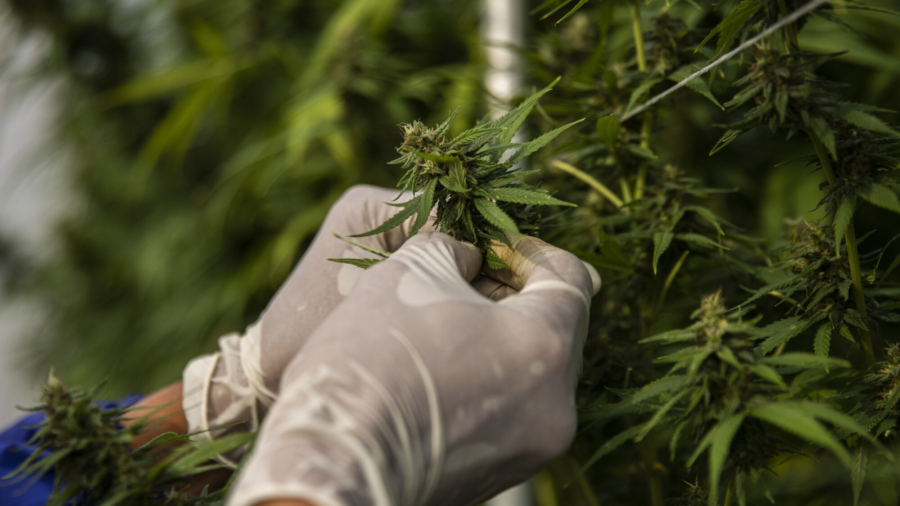The new Thai government has reversed the country’s decision to decriminalize cannabis for medicinal and recreational use, following public backlash.
A bill to amend the current cannabis legislation was introduced last weekend, and will be submitted to the country’s Parliament for review near the end of the month.
“We drafted this law to prohibit the wrong usage of cannabis,” health minister Cholnan Srikaew said, condemning “all recreational use.”
Thailand became the first Asian country to decriminalize recreational cannabis use on June 9, 2022, four years after it had approved the plant for medicinal use.
Whereas the campaign to legalize cannabis was sold to the public as a cash crop for farmers, as easing the strain on the prison system, and as a new source of tourism revenue, the proliferation of cannabis in the absence of regulatory guidelines led to an unexpected level of public opposition.
Excesses such as overdoses—including one fatality—and marijuana shops opening near schools led to many feeling worried about the drug’s impact on Thai society.
Under the proposed bill, people who smoke or use cannabis recreationally in any location public or private, will face a fine of up to 60,000 baht ($1,720), which is three times the average monthly Thai income.
Those selling cannabis or the plant’s extracts could face fines of up 100,000 baht ($2,850), up to one year in jail, or both.
The new bill also toughens punishments for unlicensed cannabis farming, with jail terms ranging from one to three years as well as fines from 20,000 baht to 300,000 baht.
Though cannabis will remain available for medicinal use, the bill does not stipulate whether a medical certificate will be necessary to purchase the herb.
Economic Impact
Soon after its decriminalization, cannabis shops, stalls and cafés mushroomed on every corner of every major city in Thailand, with nearly 1.4 million people having registered to grow or sell cannabis. For many it is now a main source of income.
“If it becomes illegal again I would have to stop the investment and find a market elsewhere,” Aphichai Techanitisawad, founder of a large cannabis business, told Al Jazeera.
“Rolling back the law would send a ripple effect across not only the weed industry but many others, including real estate—there are more than a thousand dispensaries in Bangkok alone—so that’s a lot of income disappearing for landlords.”
A 2022 study by the University of the Thai Chamber of Commerce projected the country’s cannabis industry to exceed $1 billion by 2025, nearly triple the amount estimated by Anutin Charnvirakul, the health minister who removed cannabis from the narcotics list last year.
Though it is unlikely that registered cannabis businesses will lose their licenses, they will only be allowed to sell parts of the cannabis plant that contain no more than 0.2 percent of THC—the psychotropically active component of the plant—like the plant’s stems and leaves, which can be used to produce textile, paper, and other materials.
A year after the decriminalization of cannabis, Al Jazeera reported that local marijuana growers and sellers said they were being undercut by illegal imports from abroad, mainly from the United States, despite strict laws against the import of cannabis in the country.
The Bhumjaithai Party, which advanced the decriminalization of cannabis, blamed the flood of illegal imports on corrupt officials and intentional manipulation of public opinion ahead of the elections.


